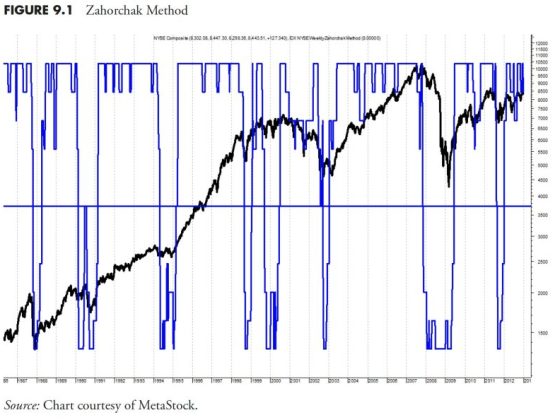In May 2021, the National Association of Realtors (NAR) settled an antitrust lawsuit filed by the U.S. Department of Justice (DOJ). This lawsuit, criticizing the association’s commission rules, was brought forth after years of discussions about how real estate brokerage services are structured and compensated in the United States. The settlement could potentially alter the dynamics of the realty industry, affecting both consumers and brokers.
For consumers, chiefly homebuyers, changes brought about by this settlement are projected to increase transparency. Prior to the lawsuit, commissions for both the buyer’s and the seller’s agents were traditionally paid by the home seller. These details were not explicitly disclosed to the buyer, thereby carrying a misconstrued understanding that buyers’ agents were providing free services. Now, with the settlement, brokers are obligated to disclose to potential buyers the compensation offered to the buyer’s agents.
This shift has the potential to empower consumers. By having access to the commission information, buyers can use this data to negotiate better deals, as they’ll be fully aware of what is being charged for the real estate transaction. This transparency, in turn, might increase competition among brokers, possibly driving down the overall commission rates.
The settlement also means a recalibration of rules regarding the portrayal of listings on brokers’ websites. The ‘blanket’ prohibitions to displaying listings from the Multiple Listing Services (MLS) under certain conditions will be eliminated. This rule will open new doors for companies that offer low-cost services, increasing the number of available options for consumers and breaking what can be seen as traditional brokerages’ hold on listing details.
For brokers, the settlement can translate to an adjusted business model. The clear disclosure of commissions may put a pressure on agents to reduce their rates or provide a higher level of service to justify their commission. This could have both positive and negative implications. On one hand, it could potentially squeeze profit margins. On the other hand, it could stimulate innovation within broker practices leading to enhanced competition and service delivery.
Changes brought about by this settlement might also affect the relationship between brokers and their agent networks. Previously, many packages that offer commission splits also included certain software services provided by the brokerages to the agents. But, with these new rules in place, brokers might need to reconsider their service packages, especially those related to MLS packaging and distribution, in an effort to stay competitive.
Moreover, brokers will potentially need to upskill their agents to effectively articulate the value of their services to consumers, given the transparency in commission rates. Consumers will have a better understanding of what they’re paying for, demanding more explicit articulation of services provided.
The NAR settlement has redefined the operating landscape for both consumers and brokers in the real estate market. The new rules it brings forth promise to drive openness and fair competition whilst empowering consumers with more decision-making ability. At the same time, it necessitates brokers to adapt their business models in response to enhanced regulatory scrutiny and consumer awareness. In the long run, this settlement could indeed reshape the real estate industry in a manner that promotes transparency, competition, and consumer choice.











